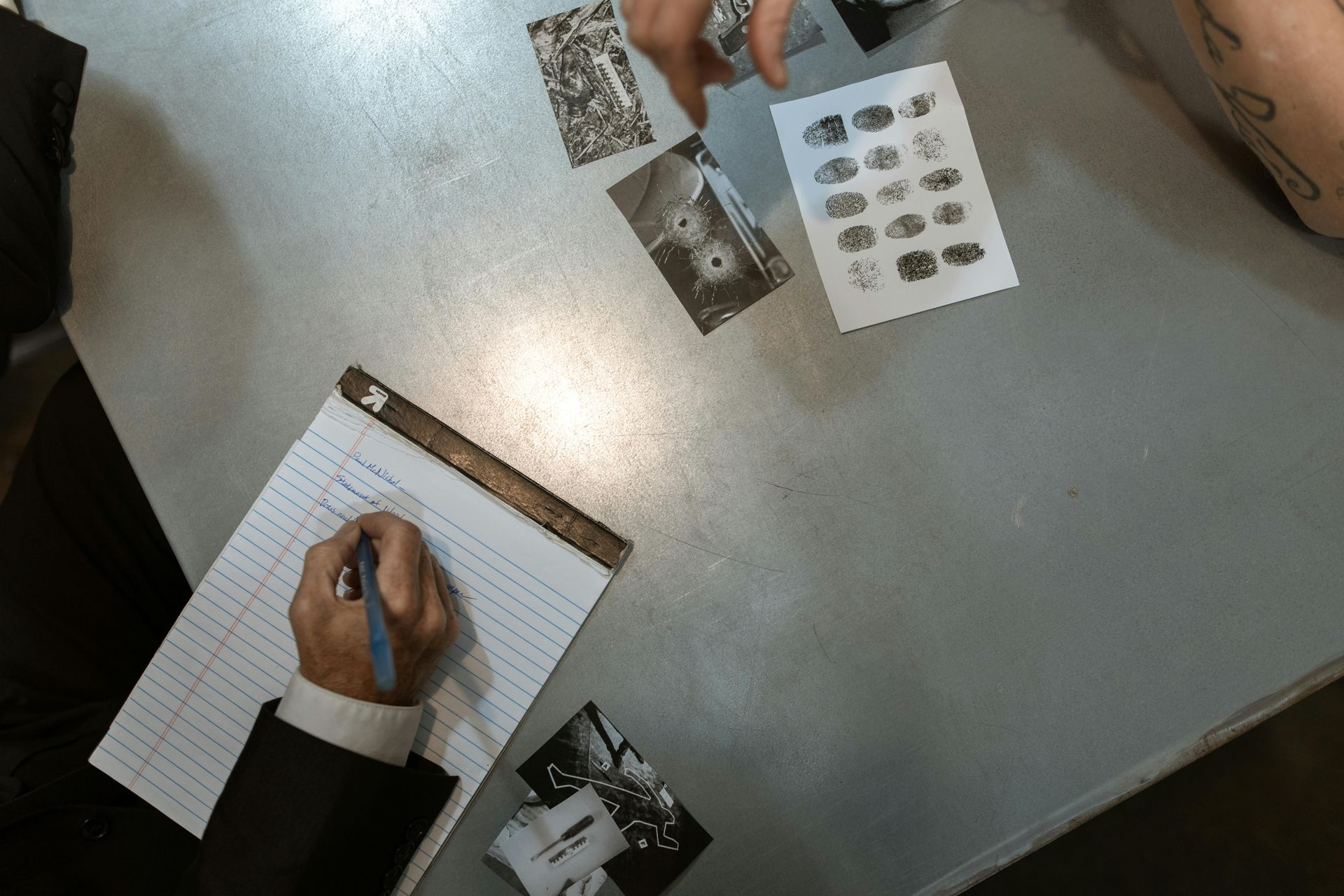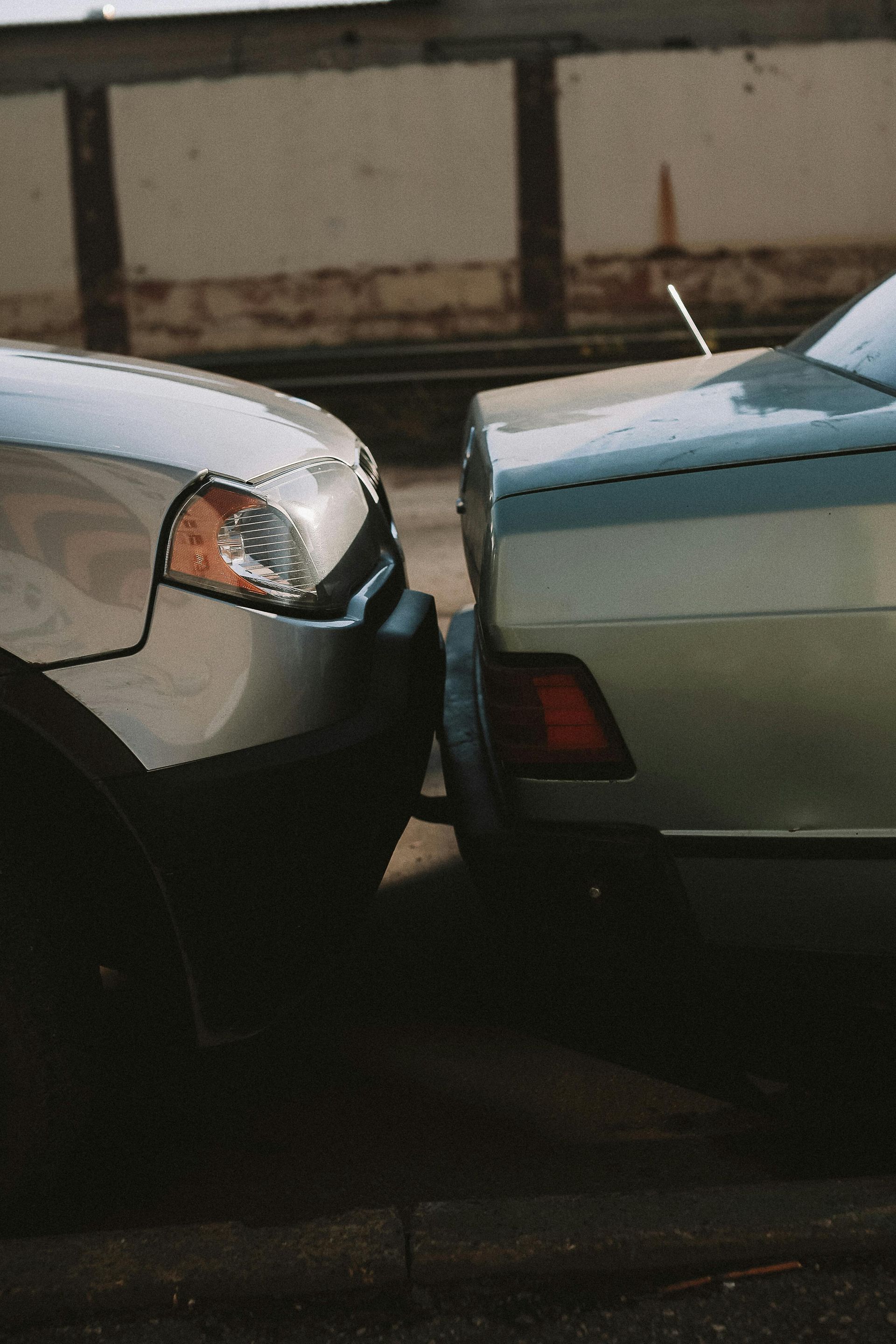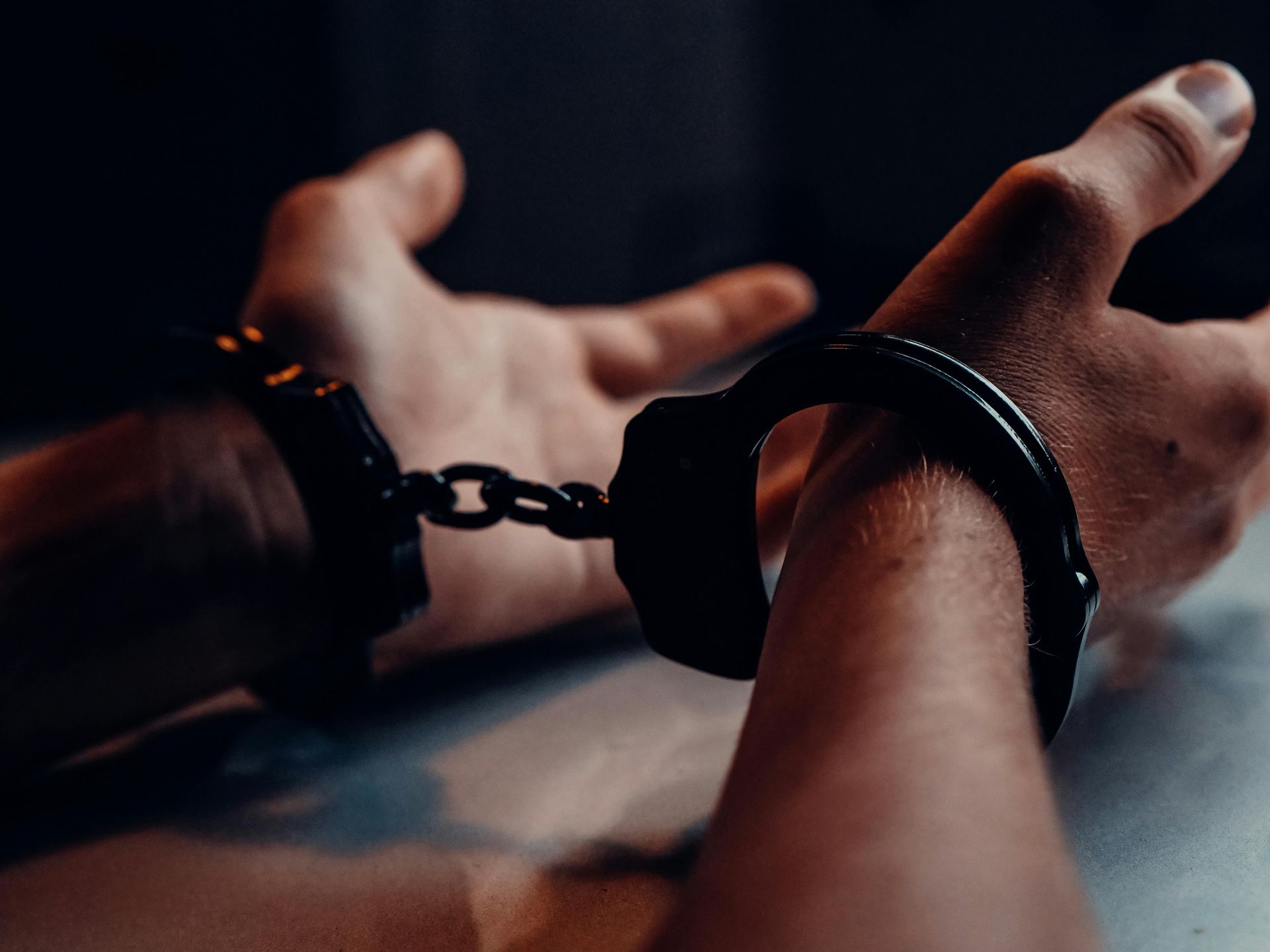By Estefania Buenano
•
November 13, 2025
If you are facing a criminal investigation or arrest in Miami-Dade County, the immense power of the State can feel overwhelming. The criminal justice system is complex, and the stakes—your freedom, your reputation, and your future—could not be higher. However, the U.S. Constitution and the Florida Statutes afford every accused individual a robust set of rights designed to protect them from government overreach and ensure a fair legal process. Understanding these rights is not just a theoretical exercise; it is the most critical defense you possess from the moment law enforcement makes contact. Knowing when to speak, when to remain silent, and when to demand legal counsel can drastically alter the outcome of your case. At Lett Law Firm, we are dedicated to vigorously defending the constitutional protections of our clients. Ariel Lett, ESQ., the Founding Attorney of Lett Law Firm, is one of Miami's Top Criminal Defense, Personal Injury, Car Accident, and Civil Rights Violations Lawyers. Get The Justice That You Deserve. We believe that an informed client is an empowered client. The Cornerstone of Due Process: Your Constitutional Rights The majority of rights afforded to the accused are enshrined in the Bill of Rights, specifically the Fourth, Fifth, Sixth, and Eighth Amendments to the U.S. Constitution. These rights apply equally in Miami, Florida, criminal proceedings. The Fourth Amendment: Protection from Unlawful Searches and Seizures This amendment protects your right to be secure in your person, house, papers, and effects against unreasonable searches and seizures. Requirement for Probable Cause: Law enforcement must have probable cause —a reasonable basis—to believe that a crime has been committed or that evidence of a crime will be found, before they can make an arrest or conduct a significant search. The Warrant Preference: Generally, police must obtain a warrant issued by a judge before conducting a search. While many exceptions exist (e.g., plain view, exigent circumstances, search incident to a lawful arrest), the absence of a warrant is presumed unreasonable. The Exclusionary Rule: This is your primary defense mechanism against an illegal search or seizure. If evidence against you was obtained in violation of the Fourth Amendment, a Miami criminal defense attorney can file a Motion to Suppress that evidence. If the court grants the motion, the evidence is barred from being used at trial, often crippling the prosecution's case. The Fifth Amendment: The Right to Remain Silent The Fifth Amendment contains the privilege against self-incrimination, which is most commonly known through the Miranda Warning . When Miranda Applies: Police are only required to read you your Miranda rights (the right to remain silent and the right to an attorney) when two conditions are met simultaneously : you are in custody (meaning you are not free to leave) and you are being subjected to an interrogation (questions designed to elicit incriminating responses). Invoking Your Rights: You must clearly and unambiguously invoke your rights. The best and clearest way to do this is to simply state: "I am exercising my right to remain silent, and I want a lawyer." Once you invoke your right to counsel, all questioning must cease immediately. Anything you say voluntarily before an interrogation begins, or while not in custody, can still be used against you. Securing a Fair Trial: The Sixth Amendment Guarantees The Sixth Amendment provides the bedrock for a fair judicial process, governing everything from your first appearance to your trial verdict. The Right to Counsel Perhaps the most critical right is the right to the assistance of counsel . Critical Stages: This right attaches at all critical stages of the prosecution, including custodial interrogations, preliminary hearings, plea negotiations, and the trial itself. Affordability: The landmark case Gideon v. Wainwright guarantees that if you cannot afford an attorney, one will be appointed to you (a public defender). However, many Miami residents choose to retain a private defense attorney to ensure they have an experienced advocate with the necessary resources and focus for their specific case. Trial Rights The Sixth Amendment guarantees several fundamental trial protections: Right to a Speedy Trial: This prevents the government from holding criminal charges over your head indefinitely. Florida has specific rules establishing time limits for bringing a case to trial, and an attorney can use the Florida Rules of Criminal Procedure to move for discharge if these deadlines are violated. Right to an Impartial Jury: You have the right to have your case heard by a jury of your peers free from bias. The jury selection process, or voir dire , is a vital stage where your lawyer challenges potential jurors who may not be impartial. The Confrontation Clause: You have the right to confront and cross-examine the witnesses presenting evidence against you. This is essential for challenging the credibility and reliability of the prosecution's evidence. Right to be Informed: You have the right to be informed of the nature and cause of the accusation against you, ensuring you understand the specific charges and can prepare an adequate defense. Protecting Your Freedom: Pre-Trial Rights in Miami-Dade Beyond the major constitutional amendments, Florida law provides specific protections that influence your freedom and the trajectory of your case immediately following an arrest in Miami. The Right to a First Appearance and Bond Hearing If arrested and held in custody, you are entitled to appear before a judge within 24 hours for a First Appearance hearing. Probable Cause Determination: At this hearing, the judge reviews the police reports to determine if the officer had probable cause to make the arrest. If probable cause is lacking, you may be released immediately. Bail/Bond Setting: The judge also sets the conditions of pre-trial release. Florida law maintains the principle that release should be granted unless the defendant is a flight risk or a danger to the community. Your attorney will argue for the lowest possible bail amount or release on your own recognizance (O.R.) , presenting evidence of your ties to the Miami community. Excessive bail is prohibited by the Eighth Amendment. The Right to Discovery You have a due process right to obtain the evidence the prosecution intends to use against you. This is known as discovery . Access to Evidence: Your attorney can demand access to police reports, witness statements, video evidence (like bodycam footage), scientific reports, and any exculpatory evidence (evidence that tends to prove your innocence). Fair Preparation: Complete and timely discovery is essential for preparing an effective defense, allowing your lawyer to anticipate the State's strategy and mount a proper challenge. Your Best Defense is Legal Representation Being accused of a crime in Miami can feel like an impossible battle against the state. However, the rights afforded to you by the Constitution are powerful tools designed to ensure you are treated fairly, your freedom is protected, and the burden of proof remains where it belongs—squarely on the prosecution. The application of these rights—especially knowing when to file a Motion to Suppress or when to formally invoke your right to counsel—requires specialized legal expertise. Do not risk your future by attempting to navigate the complex system of Miami's criminal courts alone or by speaking to law enforcement without an attorney present. Ariel Lett, ESQ., the Founding Attorney of Lett Law Firm, is one of Miami's Top Criminal Defense, Personal Injury, Car Accident, and Civil Rights Violations Lawyers. Get The Justice That You Deserve. We stand ready to defend your rights at every stage of the criminal process. Contact Lett Law Firm today for a confidential consultation to discuss your case and protect your rights.




